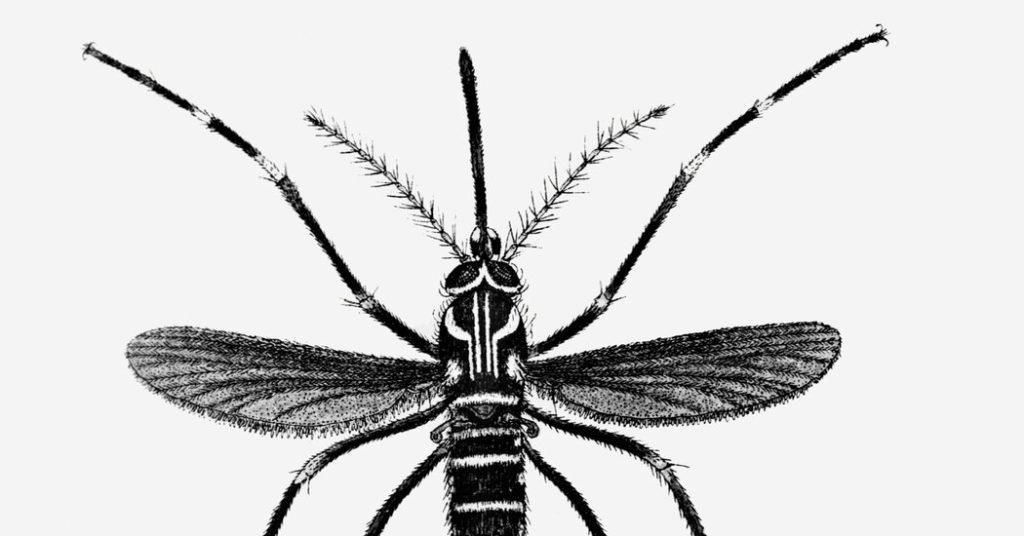Dengue, a mosquito-borne illness, is currently surging through Latin America and the Caribbean, with Puerto Rico declaring a public health emergency. This year is on track to be the worst on record, with El Niño-driven temperature spikes and extreme weather patterns exacerbating the situation. The rising temperatures and erratic precipitation patterns associated with climate change are expected to worsen the problem in the future. However, despite the looming crisis, both the public and healthcare workers are unprepared. Urgent reforms are needed to better educate travelers, doctors, nurses, and improve public health surveillance and warning systems to ensure timely treatment and prevent the spread of the virus.
The dengue virus, transmitted by the Aedes species of mosquitoes, infects up to 400 million people annually, with a higher prevalence in Latin America, South and Southeast Asia, and East Africa. While most cases are mild or asymptomatic, the virus can progress to a severe, life-threatening disease, including hemorrhagic fever. One concerning aspect of the virus is that repeat infections with different strains can lead to a higher risk of severe dengue. Although a vaccine exists, it is only recommended for children who have had dengue before and live in high-risk areas. Paradoxically, the vaccine can increase the risk of severe illness in those who have never had dengue before.
Dengue outbreaks, which typically occur every three to five years in the Americas, are now expanding their geographic reach as temperatures rise. In areas like Brazil, where there is currently a dengue emergency, the mosquitoes are able to reproduce year-round due to milder winters. This has led to three times the number of cases in Latin America and the Caribbean compared to the same period in the record year of 2023. The higher temperatures also accelerate the development of the virus inside the mosquito, increasing the probability of transmission. Additionally, standing water from increased rains and floods in a warming world provide ideal breeding grounds for mosquitoes.
To address the growing dengue crisis, urgent reforms are needed in how travelers, healthcare workers, and the public are educated about the virus. Improved public health surveillance and early warning systems are also crucial to ensure timely treatment and prevent the spread of the virus. As global temperatures continue to rise and extreme weather events become more frequent, the dengue problem is likely to worsen. By implementing these reforms, we can better prepare for future outbreaks and protect vulnerable populations from the impacts of this deadly virus.


